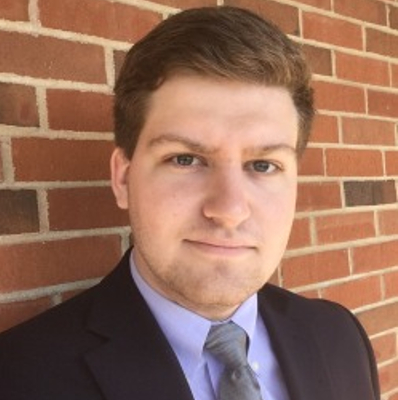July 10, 2020
CEPR Research Assistant Brett Heinz published the following article at Current Affairs:
The nationwide protests against police brutality sparked by the killing of George Floyd have reignited debates over US policing. But the state response to the protests has also raised the question of where exactly “domestic” law enforcement stops and starts. Customs and Border Patrol (CBP), an organization that describes its mission as “safeguard[ing] America’s borders,” has stated that it is deploying its officers around the country to help contain the protests. They are among officials from a wide variety of agencies serving as police on the streets of Washington, DC right now, many of whom have no identifying insignia at all. Though the CBP’s mandate is to police borders, it has the authority to conduct operations anywhere within 100 miles of a US border, an area encompassing about two-thirds of the American population. But even that can’t explain why the CBP recently flew a MQ-9 Reaper drone, designed for military use, to spy on Minneapolis, a city 250 miles from the nearest border.
The lines between the different roles of the US security state are thin. Local police receive surplus military equipment from the Pentagon, and often enforce immigration laws on behalf of immigration authorities. Active duty military, on the other hand, are deployed to the US border and downtown Washington, DC. These muddled roles help to illustrate how police brutality is not just a serious issue within the United States, but also one that the US projects on our borders and all over the world.
Nowhere is this exchange more visible than in Latin America, a region that has long been treated by the US government as a guinea pig for testing out policy. From the Cold War, to the War on Drugs, to the War on Terror, the US has encouraged the development of aggressive and militarized law enforcement forces throughout Latin America, an authoritarian set of policies which eventually echoes back to the US and leads to further militarization of our own police.






